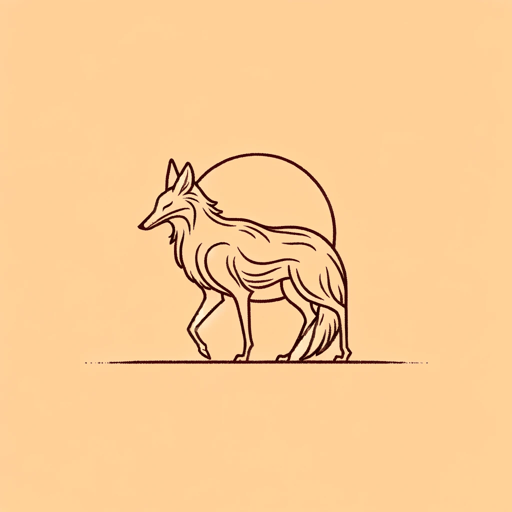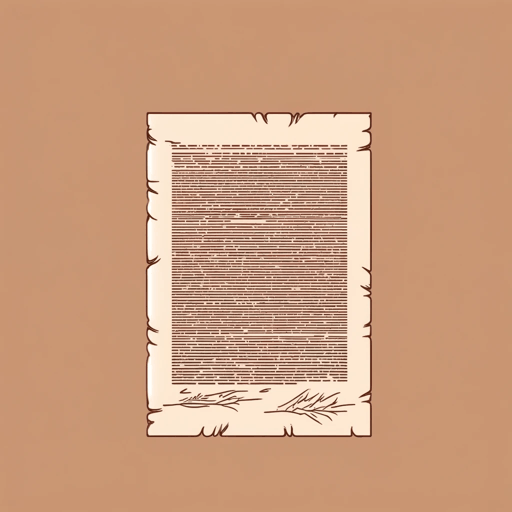64 pages • 2 hours read
Thomas KingThe Inconvenient Indian: A Curious Account of Native People in North America
Nonfiction | Book | Adult | Published in 2012A modern alternative to SparkNotes and CliffsNotes, SuperSummary offers high-quality Study Guides with detailed chapter summaries and analysis of major themes, characters, and more. For select classroom titles, we also provide Teaching Guides with discussion and quiz questions to prompt student engagement.
Important Quotes
“[A]nd if there is any methodology in my approach to the subject, it draws more on storytelling techniques than historiography. A good historian would have tried to keep biases under control. A good historian would have tried to keep personal anecdotes in check. A good historian would have provided footnotes. I have not.”
(Prologue, Page xii)
In the Prologue King stresses that the approach taken in The Inconvenient Indian does not align with traditional history books. While historians might emphasize the chronology of events and attempt to present an objective view of a situation, King sees his approach as more akin to “storytelling,” focusing less on objective history than on presenting a series of arguments about how Indians have been treated throughout North American history.
“‘First Nations’ is the current term of choice in Canada, while ‘Native Americans’ is the fashionable preference in the United States. I’m fond of both of these terms, but, for all its faults and problems—especially in Canada—‘Indian,’ as a general designation, remains for me, at least, the North American default.”
(Prologue, Page xiii)
Many Indian people see naming as a fraught and complicated topic, as any name that seeks to unite a multitude of different cultures and tribes is bound to offend some. King describes how these names have changed throughout Indian history, often reflecting trends for which term is most “fashionable” at a given moment. King ultimately sees “Indian” as the simplest way of referring to the various Native peoples who lived in North America before colonization.
“Still, the story [of John Smith and Pocahontas], false though I believe it to be, has been too appealing for North America to ignore. And we have dragged the damn thing—with its eroticism and exoticism, its White hero and its dusky maiden—across the continent and the centuries.”
(Chapter 1, Page 9)
In Chapter 1 King describes one of the most classic Indian stories in Western culture: that of the Indian princess Pocahontas saving and falling in love with the British John Smith. Though Pocahontas did exist, it is highly unlikely she and Smith ever met or had the relationship that Smith later claimed. For King, the story’s persistent popularity reveals how ideas of Indians are often based less on facts than on rumors, lies, and stereotypes.
Related Titles
By Thomas King

Borders
Thomas King

Green Grass, Running Water
Thomas King

Medicine River
Thomas King

The Back of the Turtle
Thomas King

The Truth About Stories: A Native Narrative
Thomas King

Truth and Bright Water
Thomas King

